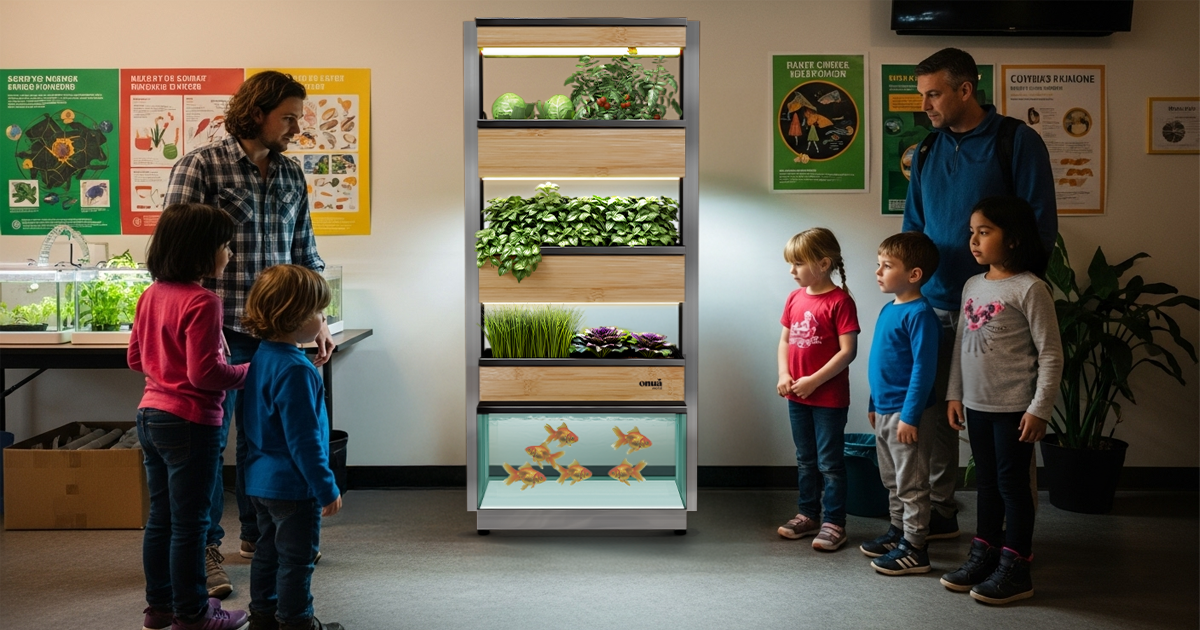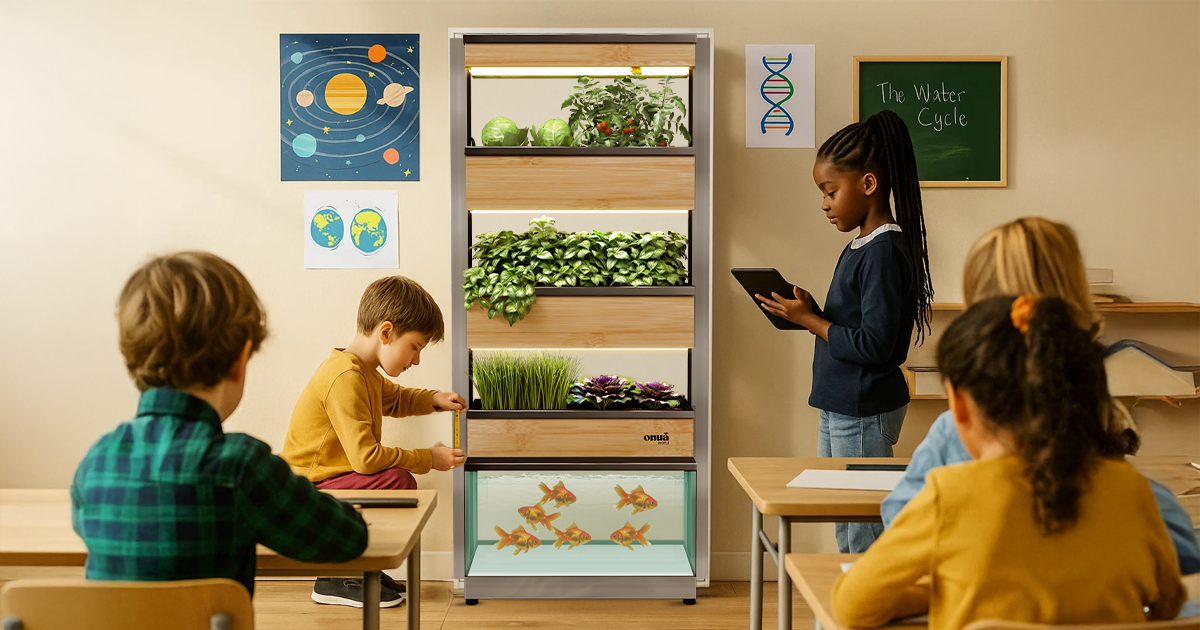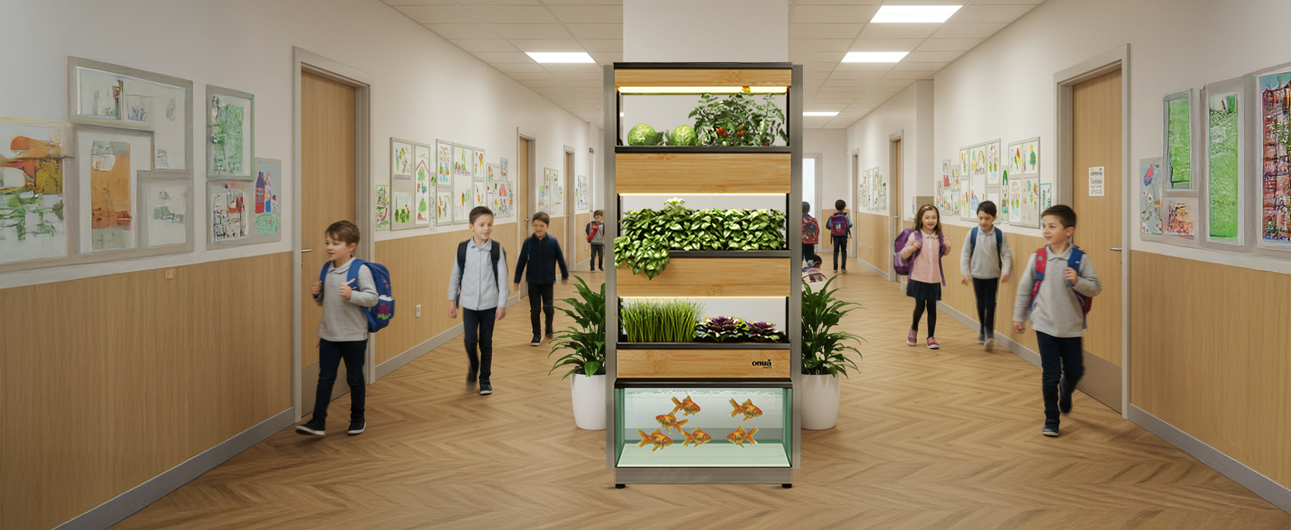Today's hotels are turning to innovative solutions to provide their guests with an unforgettable experience. Among these innovations, the integration of intelligent aquaponic gardens and aquaculture emerges as a promising trend. In this article, we will explore why a hotel should possess multiple intelligent aquaponic gardens, incorporate fish farming for the kitchen, and diversify these green spaces throughout different areas of the establishment.
1. Environmental Sustainability and Aquaculture:
By combining intelligent aquaponic gardens with aquaculture, hotels can not only cultivate plant products but also raise local and sustainable fish. Fish such as trout, tilapia, or bass can be integrated into these systems, creating a symbiotic cycle where fish waste nourishes plants, and plants filter and purify water for the fish.
2. Local Food Supply and Culinary Variety:
Fish raised in these systems can be used in hotel kitchens, offering a local and fresh source of proteins. Chefs can create unique and delicious dishes by showcasing the variety of fish raised on-site, providing an authentic gastronomic experience for guests.
3. Immersive Customer Experience and Diversification of Green Spaces:
Imagine relaxation areas in the hotel's halls where guests can admire fish swimming in transparent basins integrated into the decor. These relaxation points would not be limited to outdoor gardens but would also extend to the dining area, creating a unique and soothing ambiance for meals.
4. Promotion of Health and Sustainability:
By adding fish farming to the equation, hotels strengthen their commitment to promoting health and sustainability. Responsibly raised fish offer an alternative to traditional protein sources while reducing pressure on marine resources.
5. Reduction of Operational Costs and Adaptability of Spaces:
Diversifying the locations of intelligent aquaponic gardens, including halls and the dining area, is not only aesthetic but also operationally adaptable. Operational costs can be reduced by maximizing space utilization, creating pleasant spaces for guests.
By integrating aquaculture into intelligent aquaponic gardens and diversifying these green spaces throughout the hotel, Onuà World can offer a holistic experience to its customers. Not only are these installations aesthetically pleasing, but they also provide a source of sustainable food products, promoting health, culinary variety, and environmental sustainability. Investing in these innovative systems allows the hotel to stand out while meeting modern expectations of environmentally conscious customers.
Diversification of Benefits for All Types of Hotels:
The benefits of intelligent aquaponic gardens and aquaculture are not limited to a specific type of hotel. These innovative installations can be adapted to meet the varied needs of different establishments, adding significant value.
1. Luxury Hotels:
Intelligent aquaponic gardens add an exclusive dimension to the guest experience, offering high-quality fish farming and fresh plant products. Distributed in outdoor and indoor spaces, they become focal points for guests concerned about their well-being and sustainability.
2. Boutique Hotels:
Boutique hotels can creatively integrate intelligent aquaponic gardens into their design, offering a unique visual experience. Elegantly integrated fish tanks or terrace gardens enhance the distinctive character of these establishments.
3. Business Hotels:
Geared towards business travelers, intelligent aquaponic gardens present an opportunity to offer healthy and energizing meals. Simplified management via a mobile application aligns with the operational needs of these establishments.
4. Ecological Hotels:
Hotels focused on ecology and sustainability will find intelligent aquaponic gardens to be a natural partner. They contribute to environmental goals by using water responsibly and practicing ecological waste management. These gardens can also serve as inspiring examples of sustainable practices.
5. Family-Friendly Hotels:
Intelligent aquaponic gardens add an educational and entertaining touch to family-friendly hotels. Children can learn about the ecosystem interactively, and family restaurants can offer tailored menus, highlighting the freshness of products from the garden.
6. Spa and Wellness Hotels:
For hotels focused on well-being, intelligent aquaponic gardens create a soothing and harmonious atmosphere. Green spaces can be arranged near spas, offering a complete sensory experience.
In conclusion, intelligent aquaponic gardens and aquaculture are a cross-cutting innovation that can be adapted to meet the varied needs of different types of hotels. These installations offer multiple benefits, strengthening their positioning in the competitive market of the hotel industry.




